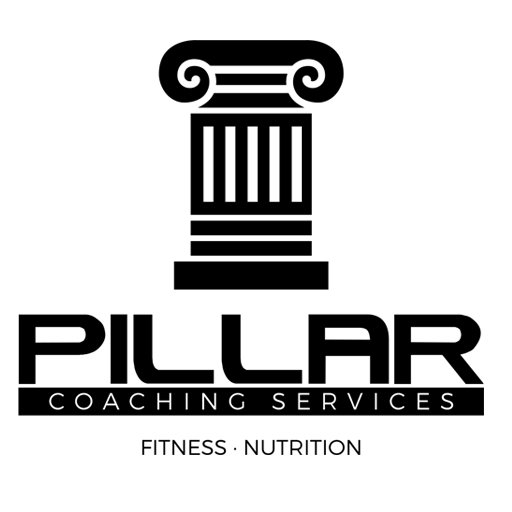Does a Nightcap Really Help You Sleep?
Introduction
You’ve probably heard someone say, “A nightcap helps me fall asleep.” Maybe you’ve even felt it yourself—that warm buzz relaxing you into dreamland.
But how true is it?
Sleep is a deeply personal and complex process. And while alcohol might knock you out faster, it turns out there’s more to the story.
A recent meta-analysis explored how different levels of alcohol consumption affect specific stages of sleep. What researchers found is worth knowing, especially if you’re someone who enjoys a drink in the evening or struggles to stay asleep through the night.
In this review, we’ll explore what happens when you drink before bed, why your sleep might feel fragmented even if you don’t wake up, and what to do instead if restful sleep is your goal.
What the Science Says
How Sleep Actually Works
Sleep unfolds in repeating cycles—four to six per night—with each cycle containing four stages:
Sleep StageDurationWhat HappensN1 (Light sleep)1–7 minYou drift off; easy to wake.N210–25 minBody temp drops, muscles relax, brain begins recovery.N3 (Deep sleep)20–40 minMemory consolidation and physical repair occur.REM10–60 minDream phase; brain is active, body is not.
As the night progresses, deep sleep (N3) gets shorter, and REM gets longer—especially important for mood regulation and mental recovery.
The Alcohol Experiment
Researchers from Australian Catholic University analyzed 27 sleep studies and categorized alcohol intake into low (≤3 drinks), moderate (4 drinks), and high (5+ drinks) based on body weight.
Sleep Onset (Time to Fall Asleep)
Low to moderate alcohol: No change.
High alcohol: People fell asleep faster—but woke up more in the second half of the night.
REM Sleep
The more alcohol consumed, the less time spent in REM.
Even small amounts delayed the onset of REM, impairing dreaming and emotional processing.
Total Sleep Time
On average, alcohol shortened total sleep by 10 minutes—though results varied widely.
Sleep Quality
Surprisingly, alcohol didn’t increase the number of awakenings or affect sleep efficiency (time asleep vs. time in bed).
But this doesn’t mean the sleep was restorative—many reported feeling groggy the next day.
Important Caveats
These studies were done in labs, not real-life situations. Participants were dosed and monitored—not sipping wine at home after dinner. While controlled settings improve data quality, they don't capture the social and emotional variables of real life.
Actionable Insights
Alcohol isn’t a reliable sleep aid. It may help you fall asleep faster in high doses, but it will compromise the depth and quality of your rest. The cost isn’t worth it.
Don’t be fooled by total sleep time. Even if you’re “out” for 7–8 hours, alcohol can rob you of the most beneficial stages of sleep.
If you want better sleep, focus on the basics:
Set a consistent sleep-wake time.
Get 10+ minutes of morning sunlight.
Avoid caffeine after noon.
Create a relaxing wind-down ritual.
Melatonin can help. If you're looking for a supplement, try 4 mg two hours before bed. It works best when paired with a consistent sleep routine.
Be honest about how much you’re drinking. A typical glass of wine is often 1.5x the standard serving, and craft beers pack double (sometimes triple) the alcohol of light beer. It adds up faster than we think.
Closing Thoughts
Fifteen years of coaching has shown me this simple truth: Most people don’t feel their sleep being disrupted by alcohol—but they do feel the consequences the next day. Foggy thinking. Low energy. Cravings. Short temper.
Many clients come to me believing they sleep fine, only to realize they’ve been functioning in a fog. Once they change their habits—cutting back on alcohol, building a wind-down routine, or simply getting light in the morning—their entire lives shift.
Sleep is the tide that lifts or sinks all boats. Alcohol might feel like a helpful wave, but it’s usually pulling you further from shore.
Take sleep seriously. It’s one of the few levers you can pull that improves everything at once.
References
Gardiner et al., 2024 – Alcohol and Sleep Meta-Analysis
Walpole et al., 2012 – Average Body Mass
Stone, 1980 – Low Dose Alcohol Effects on Sleep
Apply for Coaching
Let’s get your habits aligned with your goals. Apply here.
Take care of yourself, no one else can do it for you.
—Michael Beiter
Personal Trainer
Nutrition, Sleep, Stress Management, and Recovery Coach
